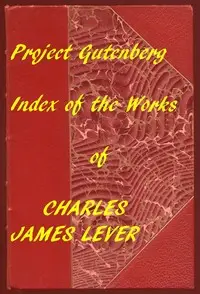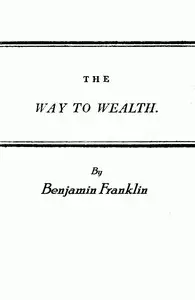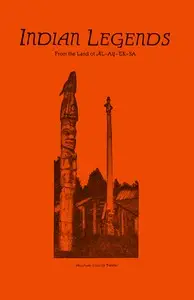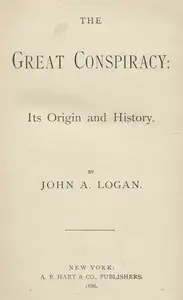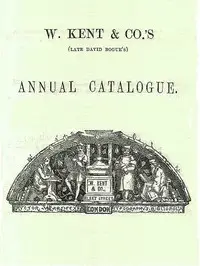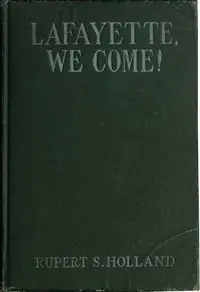"Political Thought in England from Locke to Bentham" by Harold J. Laski is a historical account written in the early 20th century. This work explores the evolution of political theory and thought in England from the late 17th century through the 18th century, particularly focusing on key figures such as John Locke and Jeremy Bentham. The book discusses how these thinkers contributed to concepts of governance, liberty, and the role of the state, providing a critical analysis of political transitions that shaped modern democracy in England. The opening of the text sets the stage by emphasizing the significance of the Revolution of 1688, which marked a turning point in English politics by challenging the Divine Right of kings. Laski outlines the shift from absolutist principles to a framework where political power was increasingly viewed as dependent on the consent of the governed. He introduces John Locke's contributions, discussing the impact of his social contract theory and his ideas on natural rights, which later influenced radical political movements. The author critiques the relative absence of systematic political speculation in the subsequent period, signaling a transition toward the emergence of new political thought in response to evolving social dynamics. Overall, the beginning of the book presents a foundation for understanding how philosophical debates of the time informed the practicalities of governance and individual rights. (This is an automatically generated summary.)

Political Thought in England from Locke to Bentham
By Harold J. (Harold Joseph) Laski
"Political Thought in England from Locke to Bentham" by Harold J. Laski is a historical account written in the early 20th century. This work explores ...
Harold Joseph Laski was an English political theorist and economist. He was active in politics and served as the chairman of the British Labour Party from 1945 to 1946 and was a professor at the London School of Economics from 1926 to 1950. He first promoted pluralism by emphasising the importance of local voluntary communities such as trade unions. After 1930, he began to emphasize the need for a workers' revolution, which he hinted might be violent. Laski's position angered Labour leaders who promised a nonviolent democratic transformation. Laski's position on democracy-threatening violence came under further attack from Prime Minister Winston Churchill in the 1945 UK general election, and the Labour Party had to disavow Laski, its own chairman.


